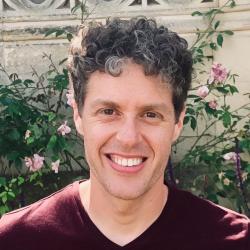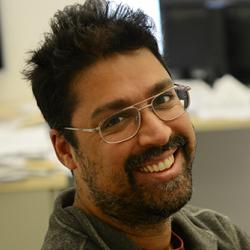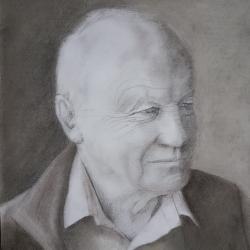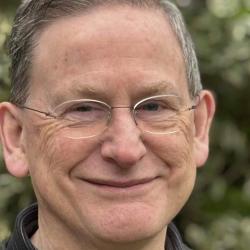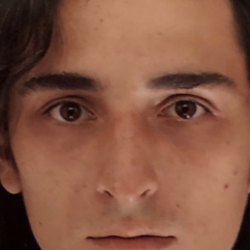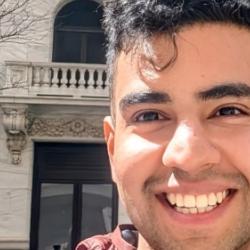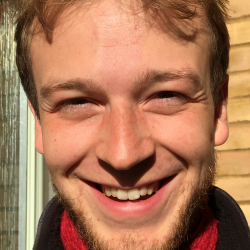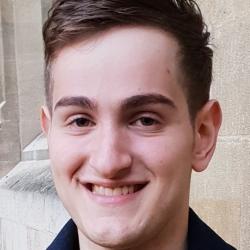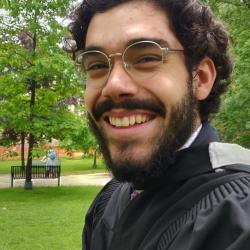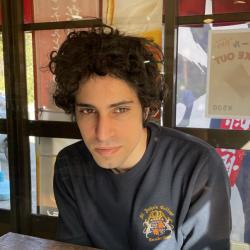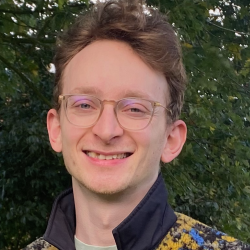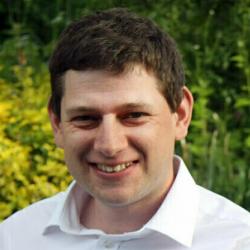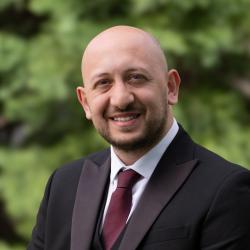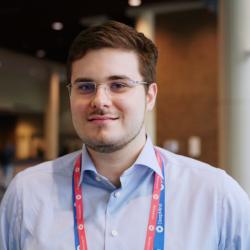| CARVIEW |
- Home
- The department
- Initiatives
- Accelerate Programme for Scientific Discovery
- CASCADE Computer Architecture & Semiconductor Design Centre
- Data Trusts Initiative
- Cambridge Ring
- The Supporters' Club
- Collaborate with Us
- Cambridge Centre for Carbon Credits (4C)
- Equality and Diversity
- LGBTQ+@CL
- women@CL
- Outreach
- Raspberry Pi Tutorials ➥
- Wiseman prize
- Research
- Research overview
- Application areas
- Research themes
- Algorithms and Complexity
- Computer Architecture
- Graphics, Vision and Imaging Science
- Human-Centred Computing
- Machine Learning and Artificial Intelligence
- Mobile Systems, Robotics and Automation
- Natural Language Processing
- Programming Languages, Semantics and Verification
- Security
- Systems and Networking
- Research groups
- Technical Reports
- Admissions
- Current students
- Current students overview
- Part IA
- Part IB
- Part II
- Masters courses
- PhD students
- Freshers
- Undergraduate teaching information and important dates
- Course material 2024/25 ➥
- Course material 2025/26 ➥
- Exams
- Exams overview
- Examination dates
- Examination results ➥
- Examiners' reports ➥
- Part III Assessment
- MPhil Assessment
- Past exam papers ➥
- Examinations Guidance 2024-25
- Head of Department's Announcements
- Marking Scheme and Classing Convention
- Guidance on Plagiarism and Academic Misconduct
- Purchase of calculators
- Examinations Data Retention Policy
- Guidance on deadlines and extensions
- Mark Check procedure and Examination Review
- Lecture timetables
- Supervisions
- Exchanges and internships
- Resources for students
- Course feedback and where to find help
- Student Administration Offices
- Intranet
Algorithms and Complexity
- Research
- Application areas
- Research themes
- Algorithms and Complexity
- Computer Architecture
- Graphics, Vision and Imaging Science
- Human-Centred Computing
- Machine Learning and Artificial Intelligence
- Mobile Systems, Robotics and Automation
- Natural Language Processing
- Programming Languages, Semantics and Verification
- Security
- Systems and Networking
- Research groups
- Technical Reports
- The department
- Initiatives
- Admissions
- Current students
- Intranet
Algorithms are fundamental objects of study in computer science. Algorithmic processes are not only executed in digital electronic computers but occur everywhere in the world around us. The Algorithms and Complexity research theme focuses on the mathematical modelling and analysis of algorithmic processes. A particular interest is the study of the complexity (for example, the resource use) of such processes.
Within this theme, Anuj Dawar leads a group studying Logic and Algorithms. The emphasis is on the study of computational complexity through the lens of logical definability. That is to say, to establish lower bounds on the complexity of problems by examining how difficult it is to formally describe them. Tom Gur leads a research group studying Complexity Theory and Quantum Computing. This includes investigating the power and limitations of classical and quantum algorithms and their interplay with learning theory, coding theory, cryptography, and pure mathematics. Thomas Sauerwald leads a research group analysing the performance of random processes and developing new algorithms to cope with complex data sets. A common theme is the analysis of algorithms and complexity on graph-structured data and the underlying graph theory, for instance random walks on graphs and structural aspects of graph isomorphism.
Related Links
- Algorithms and Complexity Seminar. Our group's main seminar series
- Algorithms. Part 1A course
- Complexity Theory. Part 1B course
- Quantum Computing. Part II course
- Advanced Algorithms. Part II course
- Topics in Logic and Complexity. Part III and MPhil ACS course
- Quantum Algorithms and Complexity. Part III and MPhil ACS course
Faculty
Research Staff and Fellows
PhD Students
Affiliates
Department of Computer Science and Technology
University of Cambridge
William Gates Building
15 JJ Thomson Avenue
Cambridge
CB3 0FD
About the department

© 2025 University of Cambridge

